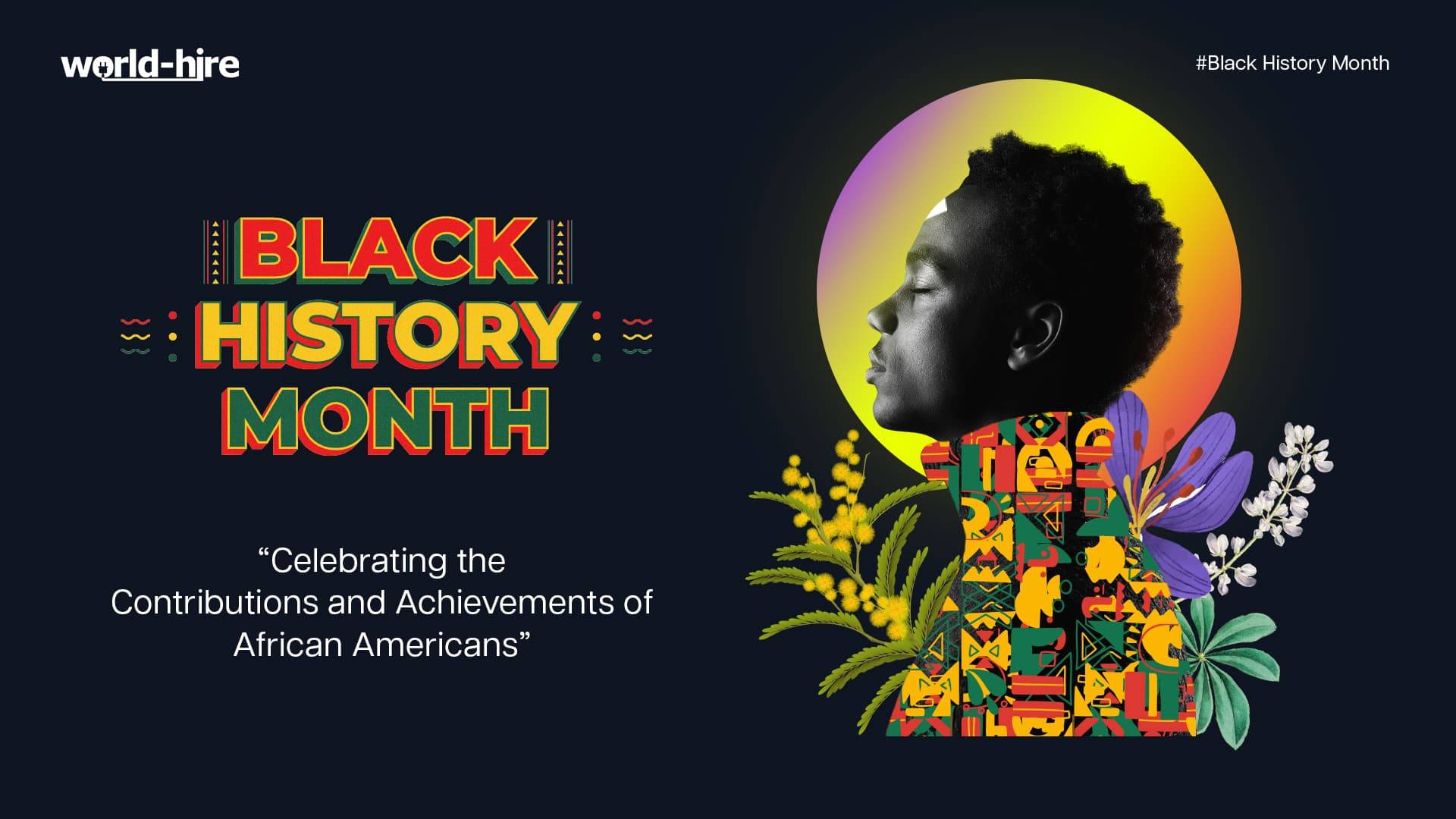February is recognized as Black History Month, a time to commemorate and celebrate the contributions and achievements of African Americans throughout the history of the United States. The origins of Black History Month can be traced back to 1926, when historian Carter G. Woodson founded the Association for the Study of African American Life and History (ASALH). The ASALH designated the second week of February as “Negro History Week” to coincide with the birthdays of Abraham Lincoln and Frederick Douglass, two figures who had a profound impact on African American history.
Over time, the celebration expanded to encompass the entire month of February, and in 1976, President Gerald Ford officially recognized February as Black History Month. Since then, communities across the country have used the month to reflect on the historical experiences of African Americans and to celebrate their contributions to American society.
African Americans have made numerous and significant contributions to the arts, literature, sciences, politics, and other areas of American life. From writers like Maya Angelou and James Baldwin, to musicians like Louis Armstrong and Duke Ellington, to activists like Rosa Parks and Martin Luther King Jr., African Americans have left an indelible mark on American culture and history.
In the sciences, African Americans have made major contributions in fields such as medicine, mathematics, and technology. Dr. Percy Julian, for example, was a pioneering chemist who developed new methods for synthesizing hormones and drugs, while mathematician Katherine Johnson made critical contributions to the space program through her work at NASA.
In sports, African Americans have excelled, breaking barriers and inspiring future generations. Pioneers like Jackie Robinson, who broke the color barrier in Major League Baseball, and Althea Gibson, the first African American tennis player to win Grand Slam titles, paved the way for future generations of African American athletes.
Throughout the history of the United States, African Americans have been at the forefront of political and social activism, fighting for their rights and the rights of others. From the Civil Rights Movement of the 1950s and 60s, to the Black Lives Matter protests of recent years, African Americans have been leaders in the fight for justice and equality.
In conclusion, Black History Month is a time to celebrate the contributions and achievements of African Americans and to recognize their important role in shaping American history. It is also an opportunity to reflect on the ongoing struggle for equality and to recommit ourselves to working towards a more just and inclusive society. So this February, take some time to learn about and celebrate the rich history of African Americans and their contributions to our world.









